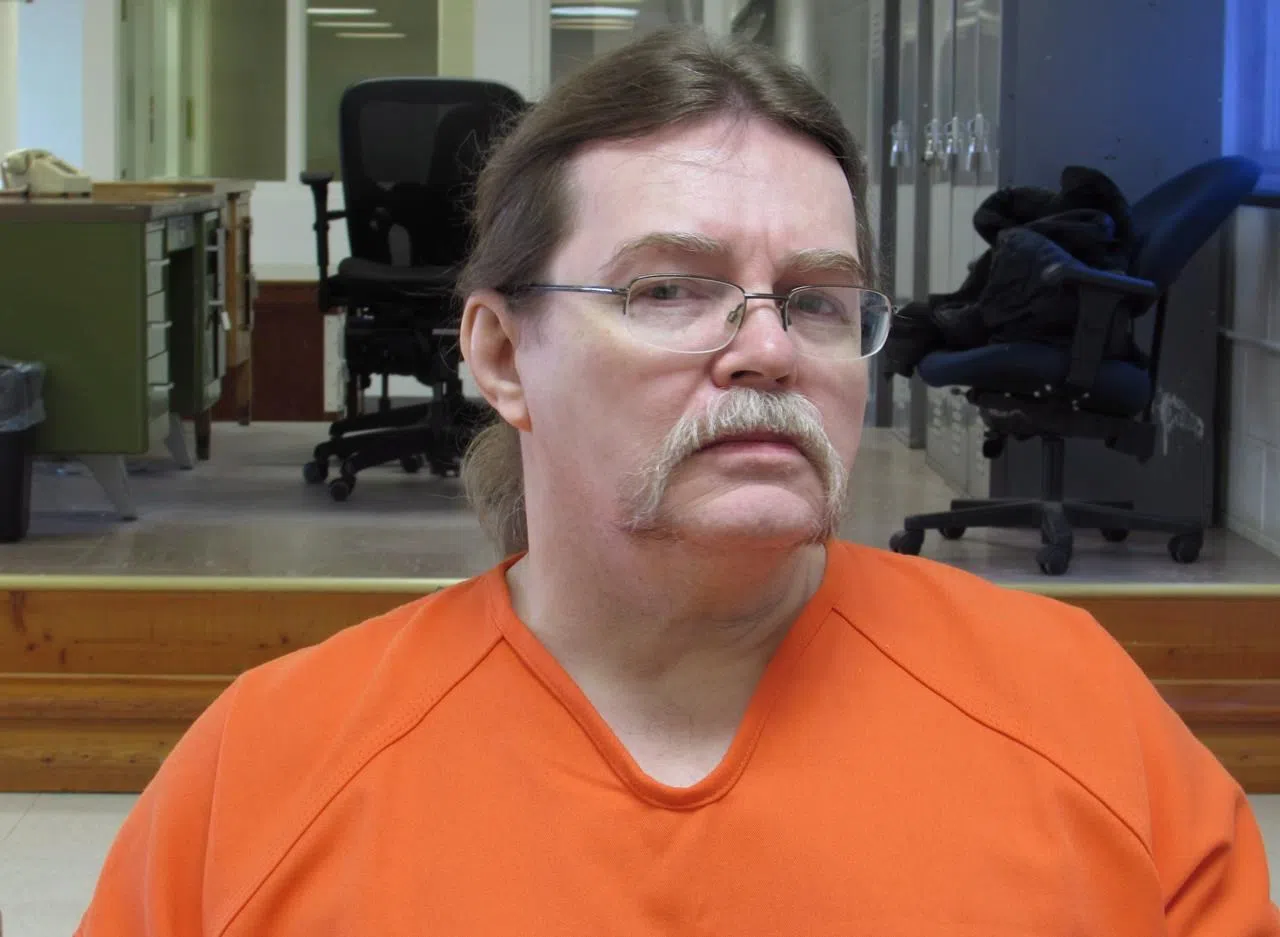
‘Reformed his life:’ Ottawa makes clemency case for Canadian on death row
CALGARY — The federal government says a Canadian who has been on death row in the United States for more than three decades should be granted clemency because he has “reformed his life” and received poor legal counsel when he was convicted.
Ronald Smith, 60, and originally from Red Deer, Alta., has been on death row since 1983 after fatally shooting two young men while he was high on LSD and alcohol near East Glacier, Mont.
He refused a plea deal and pleaded guilty. His request for the death penalty was granted.
Smith had a change of heart and has been on a legal roller-coaster for decades. An execution date has been set five times and each time the order was overturned.


